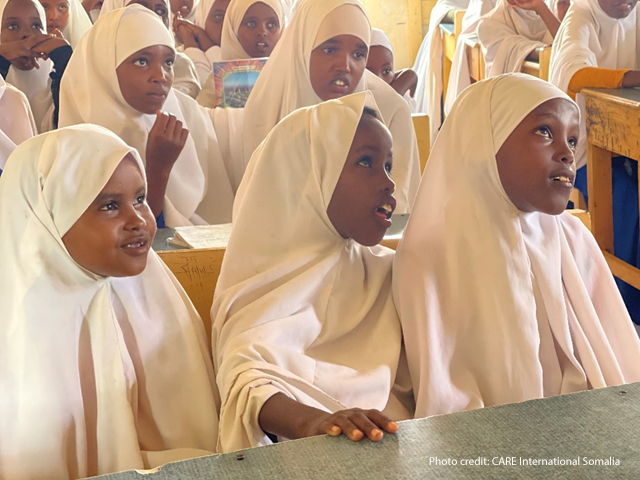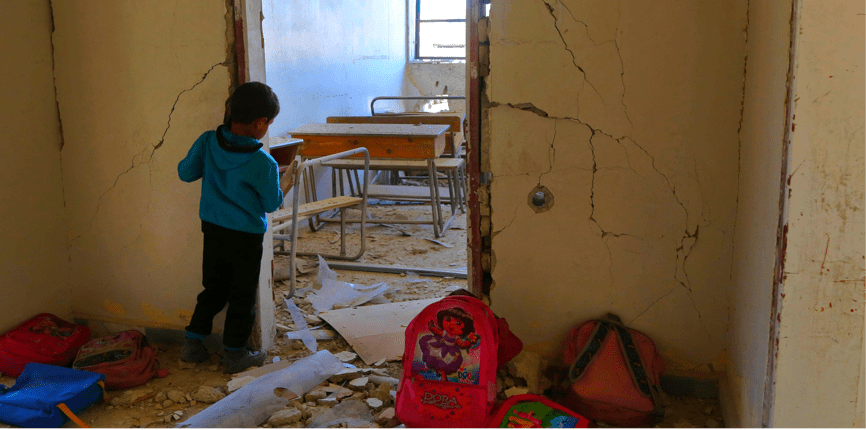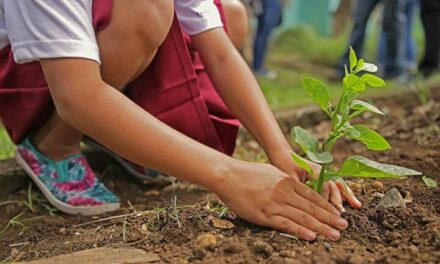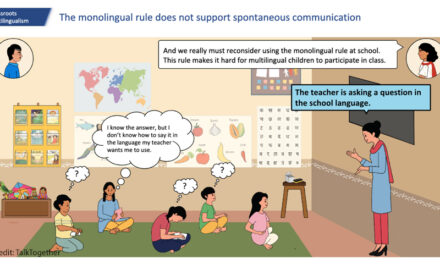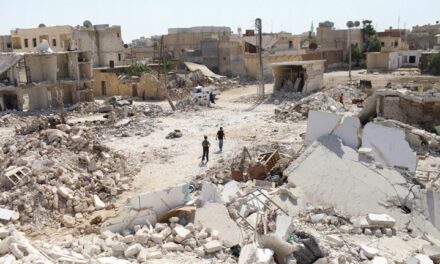This blog was written by Mohamed Diyat, Care International Somalia. It was based on a presentation given at the UKFIET 2023 conference.
The state of the education system in Somalia in 2023
Following decades of conflict and recurrent climate crises, Somalia’s Gross Enrolment Rate remains among the lowest globally at 31% (28% for girls) (EMIS Annual Statistical Yearbook 2022). Public service provision remains limited, with 44% of the students attending public or publicly-supported schools (ibid). The education system in Somalia also faces critical challenges in terms of internal efficiency, with the average school life expectancy at 1.72 years, against the expected 12 years of primary and secondary schooling, making it one of the lowest SLEs globally (Education Sector Strategic Plan 2022-2026).
Between 2020-2022, Somalia experienced an unprecedented drought, with an estimated 8.3 million people – or almost half of the total population of 17 million – facing severe food insecurity. Over 897,000 children were displaced due to the drought in 2021-2022.
The Education Sector Strategic Plan 2022-2026
Somalia’s National Education Sector Strategic Plan 2022-2026 prioritises increasing access to quality education in an inclusive and gender-equitable manner. Through this plan, the Federal Ministry of Education seeks to expand access to quality education, particularly in underserved and newly liberated rural areas. To achieve this objective, the Ministry seeks to expand service delivery in partnership with communities, leveraging the existence of community-owned schools and contributions from the Somali diaspora.
Waxbar Carruurtaada II (Educate Your Children II) Project
CARE Somalia, in partnership with Educate A Child (a programme of the Education Above All Foundation), the Federal Government of Somalia’s Ministry of Education, Culture and Higher Education (MoECHE) and Federal Member States Ministries of Education, is implementing a 3-year project, Educate Your Children II, which aims to increase access to quality education for 80,600 severely marginalised out-of-school children – including those affected by conflict, recurrent droughts, displacement, social exclusion, traditional gender norms, and extreme poverty. The project is implemented in five states in Somalia and in Mogadishu. Educate Your Children II provides fee-free opportunities for children to attend quality formal primary or accelerated education.
Leveraging the power of partnerships
In Somalia, Community Education Committees are recognised governance structures in schools, supporting head teachers and teachers with management, fundraising, and oversight. Research conducted in Somalia indicates that functional Community Education Committees are associated with increased attendance rates, support for girls’ education, and improved learning outcomes. Educate Your Children II works through partnerships between Community Education Committees and state Ministries of Education to identify and support out-of-school children to enroll and stay in school. The project worked with state Ministries of Education to provide training and coaching to Community Education Committees to enable effective and timely outreach to the most vulnerable children, and to build social awareness on the needs of the most marginalised, including children with disabilities and the displaced, particularly girls. The project has also mobilised religious leaders to support Community Education Committees to build household awareness on education based on Islamic values. As a result, Community Education Committees are identifying out-of-school children and sensitising parents for enrolment; operationalising attendance tracking and timely drop-out prevention; and working with teachers to build non-violent, welcoming classroom environments.
What does this mean, in practice?
Educate Your Children II has supported partnerships between five State Ministries of Education and 171 school communities in conflict-affected areas of Somalia since 2021, training 1,125 Community Education Committe members (39% female) on school governance, resource mobilisation, attendance tracking and school safety. As a result, the project enrolled 49,820 out-of-school children, of whom 48% are girls, 17% displaced, 9% from minority groups, 10% are living with a disability, and 30% are second language speakers. Results show that community partnerships were critical in shifting perspectives about the enrolment of marginalised groups; tracking student and teacher attendance; following up on drop-out cases; and providing social support for safe learning environments. Overall, 92% of the enrolled out-of-school children remained in school, and 62% of the former out-of-school children now enrolled in grade 2 have attained scores of 75% or higher in reading comprehension, compared to a 38% national average (CARE, 2023)[i]. Those results are largely linked to the fact that 95% of the Community Education Committees are tracking student attendance; 73% are tracking teacher attendance; and 66% are addressing gender and inclusion issues.
Lessons for system recovery
The Educate Your Children II project’s approach shows the extent to which community partnerships can contribute to system recovery and boost equitable education outcomes. In fragile education systems facing multiple challenges, community partnerships are contributing to effective decentralisation and strengthening participatory oversight.
[i] Ministry of Education, Culture and Higher Education, Federal Government of Somalia: Study on Learning Outcomes for Students in Grades 1-4. August 2021.

